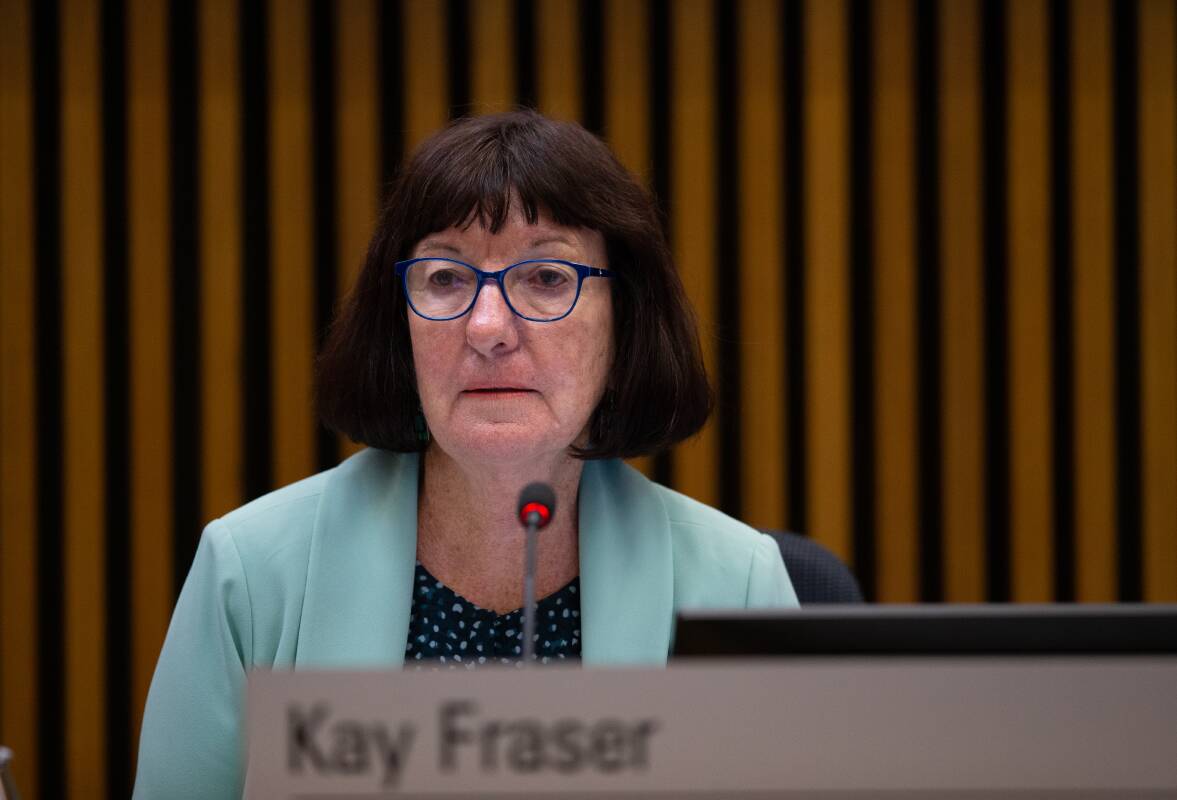
RATEPAYERS should steady themselves for more cuts to services as councils across the state are forced to fork out $219 million to support emergency services in the next financial year.
Lake Macquarie City Council alone will have to find an extra $1.8 million, bringing its total contribution to state-imposed emergency services levy (ESL) to $6 million for 2023-2024.
Mayor Kay Fraser called it a "highly damaging" increase that represented cost-shifting "at its worst".
"For many councils, the unexpected cost hit will absorb almost all of their IPART-approved [Independent Pricing and Regulatory Tribunal] rate rise for this year and in some cases absorb more than 100 per cent," she said.
"This is placing local government budgets under enormous pressure as they struggle from the combined impact of the pandemic, extreme weather events, construction cost increases, high inflation and wage increases."
The ESL is paid by councils and insurance policy holders to fund the emergency services budget in NSW.
Most of it is covered as part of insurance premiums, councils fund 11.7 per cent and the state government pays for 14.6 per cent.
The independent pricing watchdog set the council's rate peg at 3.7 per cent for 2023-2024, which Cr Fraser said would be "completely dwarfed" by the ESL price hike.
She said the rate increase would have to largely be diverted to the ESL payments, leaving most NSW councils no other option than to make cuts to infrastructure and services for the community.
A subsidy for the ESL has also been discontinued, resulting in a $1.8 million impact on Lake Macquarie council's budget for the next financial year.
That amounts to more than 28 per cent of the expected increase in rate income.
On Monday, councillors voted to write to the NSW Treasurer, Minister for Emergency Services, Minister for Local Government and all local state members expressing its strong opposition to the "last minute" decision to impose an "excessive" ESL.
The increase came after the council had already publicly advertised its operational plan and budget to the community.
According to the council, the "unannounced" 73 per cent increase in the State Emergency Service budget and 18 per cent increase in the Fire and Rescue NSW budget will significantly erode the council's ability to provide essential community services and infrastructure.
It amounts to an almost $77 million increase across the state's 128 councils in 2023-2024, with the total cost increasing from $143 million to $219 million next year - a 53.1 per cent increase in total.
Lake Macquarie council will call on the state government to take immediate action to restore an ESL subsidy, urgently introduce legislation to exclude the ESL from the rate peg so councils can recover the full cost of rates and develop a "fairer, more transparent and financially sustainable" method of funding emergency services.
The council will also write to the chair of IPART outlining its financial stress and the Local Government NSW president asking them to advocate for councils.
Cr Colin Grigg said he was angry that the state government expected them to "foot the bill" for emergency services.
"Our budget ratepayers are going to be affected if the state government doesn't do anything about it," he said.
"So if they say no, we're up the creek without a paddle, is that right?
"Do we have any leverage or influence over anybody in state government who may take pity on us?"
The council's chief executive Morven Cameron said LGNSW had collected data from all 128 individual councils in the state to advocate to the state government for a fairer deal.
To see more stories and read today's paper download the Newcastle Herald news app here.







